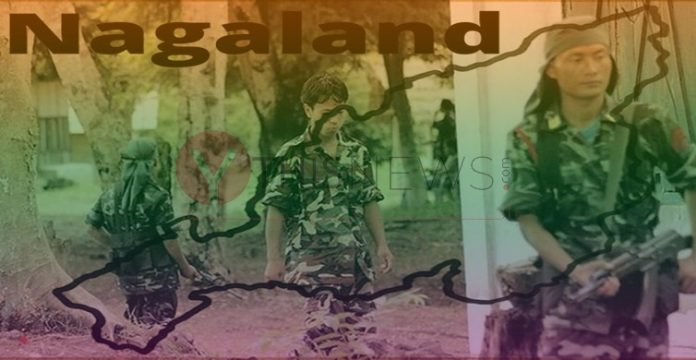Extending the duration of the implementation of the Armed Forces (Special Powers) Act, 1958, the union home ministry deemed Nagaland as a “disturbed area” for more than 6 months, starting December 30th, 2020.
While calling the use of armed forces as “necessary” to help the civil power, the ministry in its released notification said, “Whereas the Central government is of the opinion that the area comprising the whole of the State of Nagaland is in such a disturbed and dangerous condition that the use of armed forces in the aid of civil power is necessary.”
It further said, “Therefore, in the exercise of the powers conferred by Section 3 of the Armed Forces (Special Powers) Act, 1958 (No 28 of 1958) the Central Government hereby declares that whole of the State of Nagaland to be ‘disturbed area’ for a period of six months with effect from 30th December 2020 for the purpose of the said Act.”
The notice has come in wake of the continuation of killings, loot, and extortion in various regions of Nagaland for which the state needs to be labeled as a “disturbed area” with the need of appropriate action to assist the security forces functioning there.
Often termed as “draconian” by many civil society groups, the AFSPA provides special sweeping powers to the forces acting in the state to search and arrest any individual without any prior warrant. The Act also gives them the authority to open fire if they believe it is needed to “maintain public order”. As such, associations in Jammu and Kashmir along with the north-eastern groups have been demanding its repeal.
Previously on June 30th, the Centre had announced Nagaland to be a “disturbed area” for 6 months. The region has been under the tag for the past 6 decades.
Despite signing the framework agreement, which was formalized between the National Socialist Council of Nagaland (Isak Muivah) (NSCN-IM) General Secretary Thuingaleng Muivah and government representative RN Ravi in the presence of PM Narendra Modi in 2015, the AFSPA hasn’t been uplifted.
This solemnization was made after more than 80 rounds of talks and negotiations over a span of 18 years as the first round took place in 1997. It was in this year when the ceasefire agreement was reached upon, following years of insurgency in the north-eastern state.
Nevertheless, Nagaland hasn’t attained its peace till now as the process has been stuck since the NSCN-IM is demanding for a separate flag and Constitution, a demand that is consistently facing the denial of the Centre.
In what seemed like an end to the decades-long concerning a matter, in November, the government said that it had discussions with the NSCN-IM. It had also said that they are at an advanced stage of reaching a settlement and the state government along with the union government is giving the aid the state requires to tackle the rebel groups.
“The government is providing assistance to the states to deal with the insurgent groups and also carrying out negotiations with the insurgent groups. There has been a settlement with the Bodos after a long struggle, talks are in an advanced stage with the NSCN to resolve the Naga issue,” union home secretary Ajay Kumar Bhalla said on November 6.


